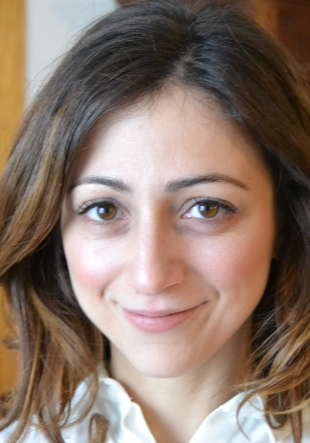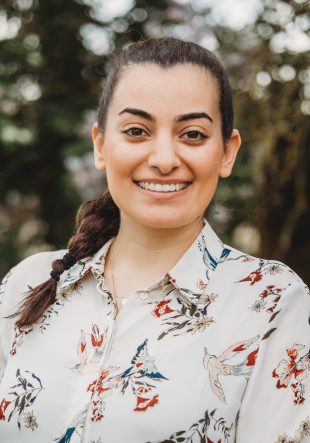Paderborn University researchers honoured with international data protection award for study
Neurotechnological applications collect and analyse sensitive brain data. Neurotechnology is no longer limited to medicine, but is also being used in fields such as entertainment and fitness. With this development, however, the data protection challenges are also growing. Prof Dr Patricia Arias Cabarcos and doctoral candidate Emiram Kablo from the IT Security group at the Faculty of Computer Science, Electrical Engineering and Mathematics at Paderborn University have investigated people's expectations and concerns regarding the privacy of brain data in the first user-oriented study on the topic of "neuroprivacy". The scientists were honoured with the prestigious "Emilio Aced" research prize from the Spanish data protection authority Agencia Espa?ola de Protección de Datos AEPD in Madrid in April. The prize recognises outstanding scientific work in the field of data protection and is endowed with 1,500 euros.
Acceptance strongly dependent on intended use
The prize was awarded for the publication "Privacy in the Age of Neurotechnology: Investigating Public Attitudes towards Brain Data Collection and Use", which was published at the annual ACM Conference on Computer and Communications Security (CCS). In the study, Prof Arias Cabarcos and Kablo investigated the conditions under which users are willing to share their brain activity.
The result: the participants were particularly concerned about the commercial use of neurological data. "Many of them fear the loss of their mental privacy," explains Prof Arias Cabarcos. Government agencies, social media and employers also met with little acceptance among users. In contrast, there is greater trust in medicine and research. "Transparency and obtaining informed consent are the key factors for acceptance of neurotechnology," emphasises Kablo.
High need for control
The results clearly show that clear rules and protection mechanisms for brain data are needed before the technology is used on a mass scale in everyday life. "Our findings can serve as a basis for identifying gaps in current neuroprivacy practice," says Prof Arias Cabarcos. "We want to support organisations, developers, policy makers, researchers and data protection officers in contributing to the privacy-compliant development of neurotechnologies."
To the study: https://www.aepd.es/documento/premio-emilio-aced-2024-patricia-arias-cabarcos-emiram-kablo-en.pdf
This text was translated automatically.





